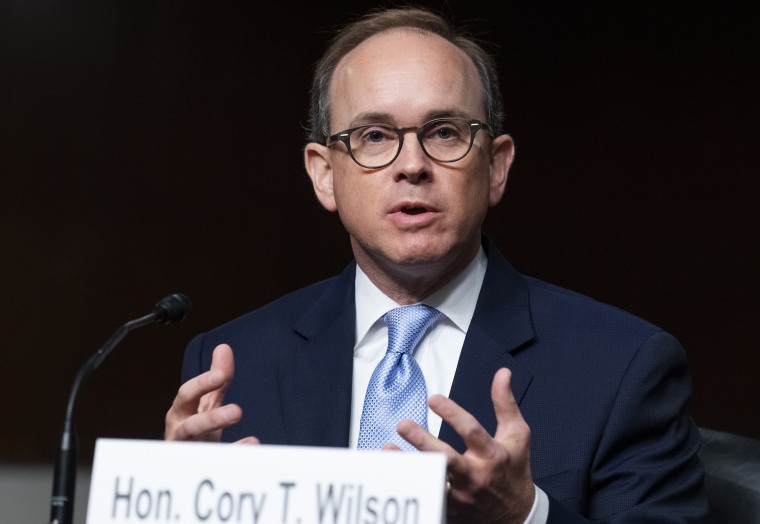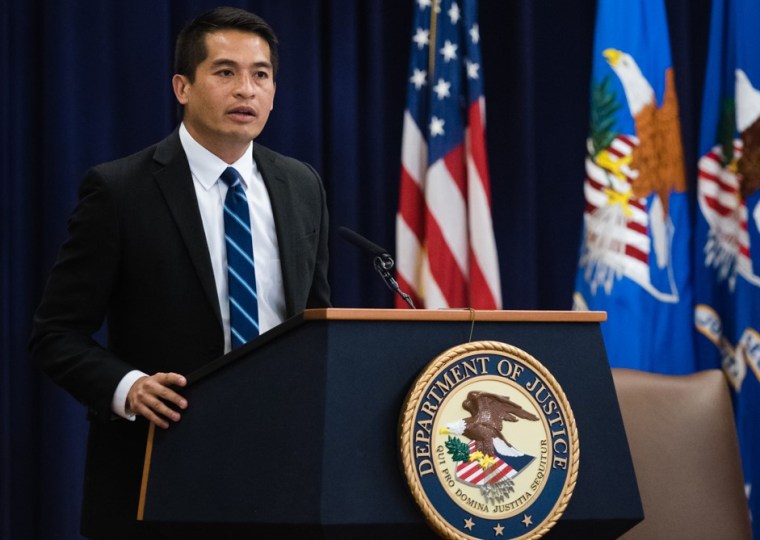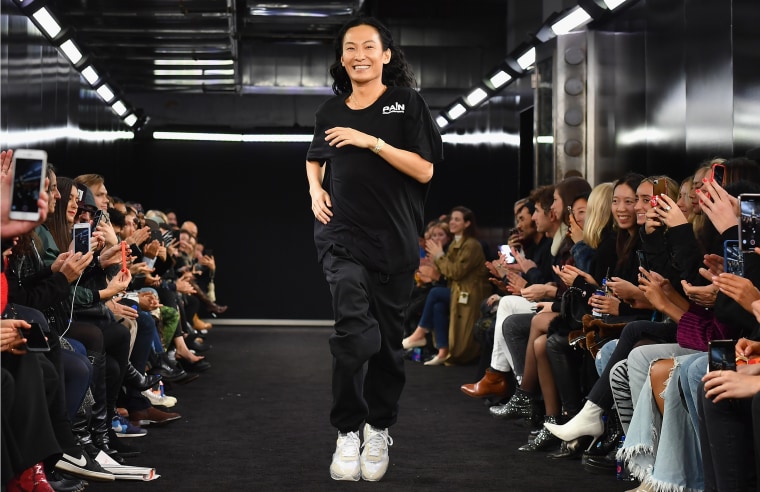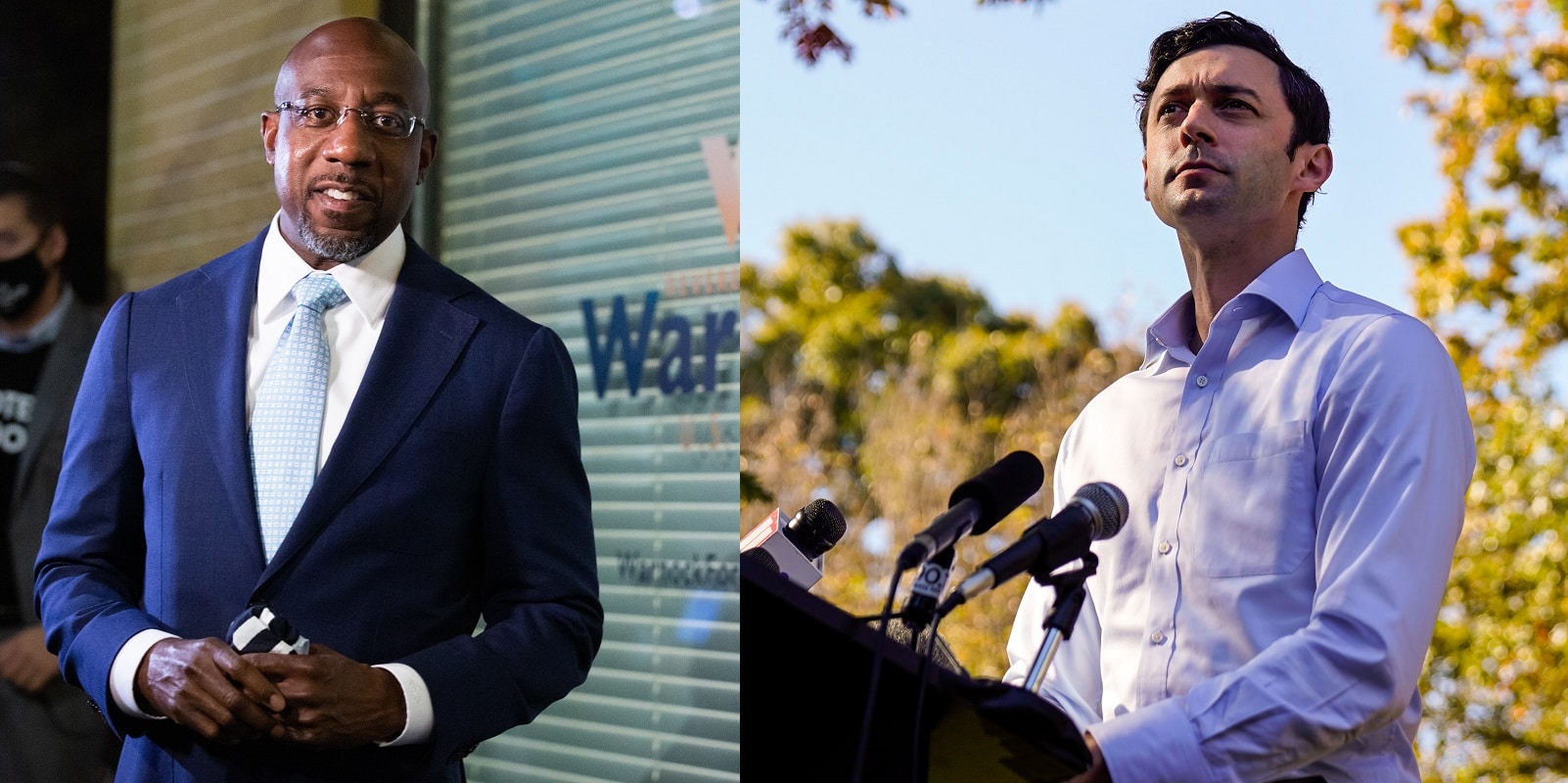Covid Death Rate Soaring in SoCo
The number of coronavirus deaths in Sonoma County is soaring, a grim reminder of rampant virus transmission in the community as the infectious disease infects many more of the county’s most vulnerable residents in senior care homes and the general population.
In just the first seven days of the year, county health officials have reported 22 deaths linked to COVID-19. Ten were reported by county officials on Thursday after eight on Tuesday, boosting pandemic deaths to 214.
The 10 fatalities are the most county officials have revealed in a single day since the pandemic started last March, mirroring California’s record deadly virus trend.
With virus-related deaths clearly mounting, the county Sheriff’s Office recently acquired a refrigeration trailer that can hold 56 bodies if the county morgue gets “bombarded with deaths” and reaches its limit, Sheriff’s spokesman Juan Valencia said.
“We have not peaked in the second wave yet; we haven’t seen the worst of it,” said Dr. Gary Green, an infectious disease specialist at Sutter Santa Rosa Regional Hospital. “I really think that January is going to be, probably, the most deadly month in the pandemic so far.”
Raising the alarm, Green and other health care experts said COVID-19 is spreading in the community at a greater extent now compared with the summer months. That means more residents sick with the virus are being hospitalized, and eventually more people will die, Green said.
Dr. Sundari Mase, the county’s health officer, said the spike of deaths and people hospitalized with the respiratory disease shows how prevalent the virus is in the county. Mase stressed the importance of adhering to public health orders and personal safety rules, including masking, hand-washing and social distancing.
“We have widespread, really widespread community transmission now with a case rate that is three to four times higher than what it was just six to eight weeks ago,” she said.
Mase and other health care experts said a larger share of the local deaths linked to the virus now are occurring in the general population, compared to last summer when COVID-19 fatalities were mainly driven by infections in skilled nursing centers and residential care homes for the elderly. These residents still remain vulnerable to being hospitalized and dying from the virus.
Coronavirus-related deaths among senior care home residents comprised 40% of the 40 fatalities since Dec. 10, showing the dramatic swing from the start of the pandemic to last month when such elderly residents accounted for 65% of virus deaths. Among these 40 latest deaths, 15% originated from household transmission of the virus, 8% were tied to Thanksgiving gatherings, while the virus source is unknown for 35% of these fatalities, local health officials said.
Of the 18 fatalities reported so far this week, at least nine were residents living in either skilled nursing or residential care sites, while eight were people in the general population. One was disclosed late Thursday night and no information was immediately available about that fatality.
All who were living in senior care homes were 64 or older, as were four of the eight people living at home. Three of the deceased who lived at home were between 50 and 64 and one was between 18 and 49 — a stark reminder the virus can be deadly in young residents.
On Thursday, California public health authorities reported a record two-day total of 1,042 coronavirus deaths, as many hospitals statewide grapple with unprecedented numbers of patients afflicted with the virus.
The state Department of Public Health’s website listed 583 new deaths, after 459 deaths Wednesday. The previous two-day record total was 1,013 deaths at the end of December. California’s death toll since the start of the pandemic has eclipsed 28,000.



